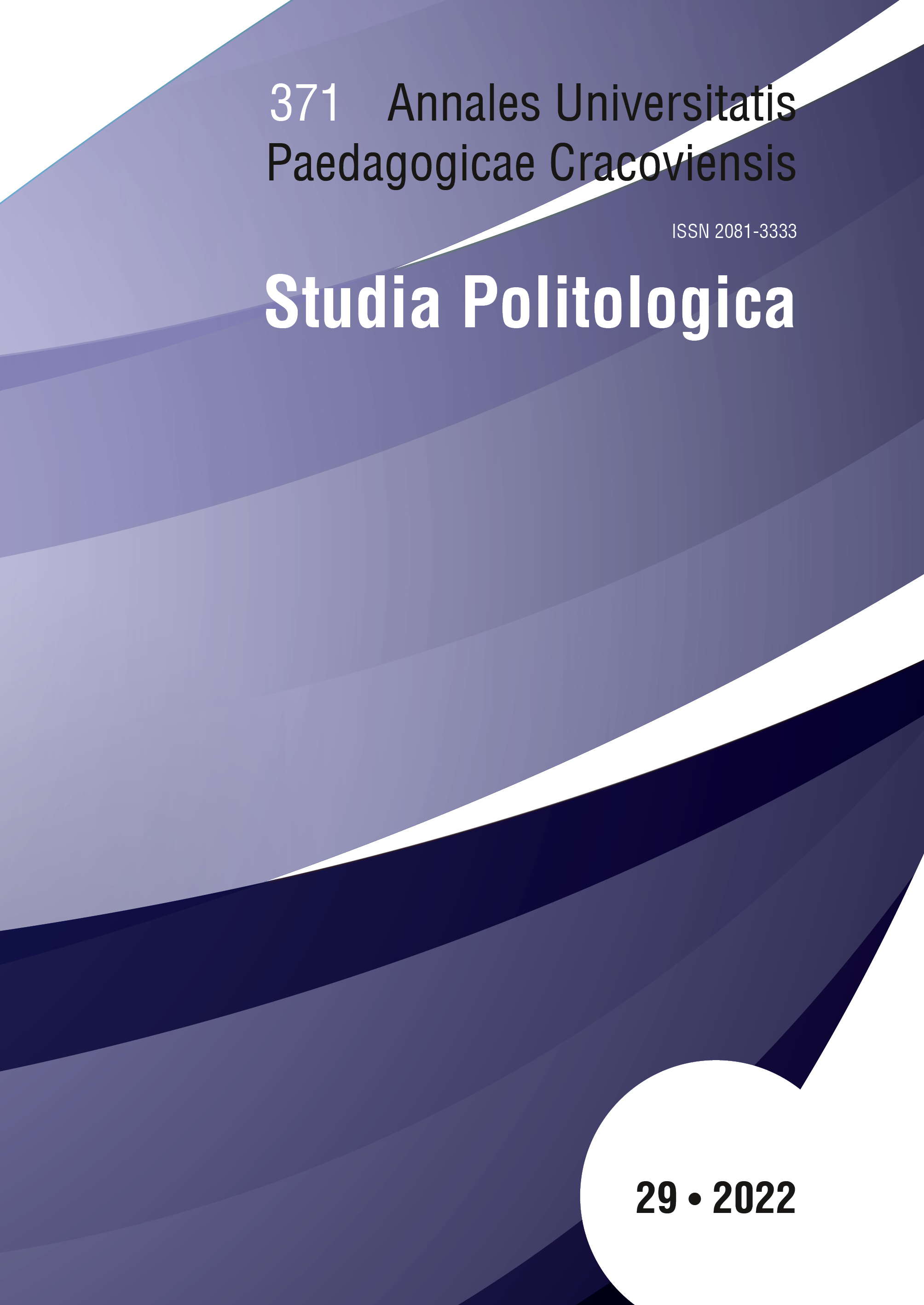Budżety obywatelskie miast Opolszczyzny w latach 2019–2021
Keywords:
społeczność lokalna, społeczeństwo obywatelskie, budżet obywatelski, demokracja bezpośredniaAbstract
The article presents the civic budget as a tool not only for public consultations, but also a special form of a local referendum influencing the reconstruction of the space of small and medium‑sized cities. In this case, it focuses on selected cities and towns of the Opolskie Voivodeship in 2019–2021. Especially such small local governments in Poland are not obliged to create this type of social participation tools. As a result, it is easier for them to give up on it or limit its functioning in response to external turbulences resulting from such phenomena as the COVID-19 pandemic, and currently galloping inflation, or the war in Ukraine. The main hypothesis of the work assumes that civic budgets in the Opole region are characterized by a limited and weakening interest of the inhabitants, both in submitting projects and voting. Local authorities, on the other hand, strive to gradually reduce the financial possibilities available under this social participation tool. In this case, the verification of the above hypotheses serves both theoretical and practical analysis of the behavior of local authorities in the field of shaping and implementing the civic budget. For the purposes of analysis and verification of the hypotheses, a sample of 5 out of 36 cities and towns in the Opole region, with more than 20,000 inhabitants, was selected. residents, where civic budgets operated in 2019–2021. The article uses local data on the implementation of civic budgets in the cities covered by the analysis, as well as archival data and data available as part of public statistics.
Downloads
Published
Issue
Section
License
Redakcja przyjmuje do druku teksty oryginalne, wcześniej niepublikowane. Treść czasopisma jest dostępna na licencji Creative Commons (CC-BY-NC-ND 3.0 PL)
Licencja ta zezwala na wykorzystanie materiałów opublikowanych w czasopiśmie w celach niekomercyjnych np. komentarza, krytyki, informacji, archiwizacji, nauczania lub prowadzenia badań, z poszanowaniem aktualnie obowiązującego prawa autorskiego (ustawa z dnia 4 lutego 1994 r. o prawie autorskim i prawach pokrewnych Dz.U. 1994 nr 24 poz. 83 z poźn. zm.). Zgodnie z wymogami licencji, konieczne jest dokładne podanie źródła cytowania lub parafrazowania oraz zachowanie tekstu w oryginalnej postaci (zakaz tworzenia utworów zależnych).

